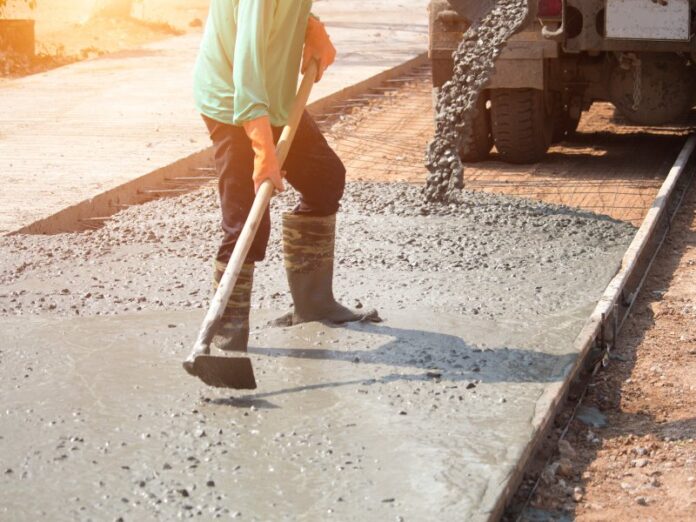WASHINGTON — In a surprising turn of events, the U.S. Supreme Court has ruled against a group of unionized truck drivers who walked off the job while their trucks were full of wet concrete, leading to what has been dubbed as “concrete chaos.”
The decision, which saw a rare alignment of liberal and conservative justices, dealt another blow to organized labor. The lone dissenter in the case, Justice Ketanji Brown Jackson, voiced concerns over the ruling’s potential impact on labor law and criticized the erosion of the right to strike.
Justice Amy Coney Barrett, writing on behalf of the majority, argued that the union had not taken adequate precautions to protect the company’s property when the drivers decided to abandon their duties abruptly. Barrett highlighted that the drivers from Glacier Northwest, a Washington state-based company, had put both the concrete and the trucks at risk by their sudden departure.
“The Union’s actions not only resulted in the destruction of all the concrete Glacier had prepared that day, but they also posed a foreseeable and imminent harm to Glacier’s trucks,” Barrett wrote in a decision supported by four other justices. Three additional justices agreed with the outcome of the case but did not join Barrett’s opinion.
The case originated from contract negotiations in 2017 between Glacier Northwest and the local Teamsters union, representing the drivers. When negotiations reached an impasse, the union called for a strike. However, the drivers chose to walk off the job while their trucks were still loaded with wet concrete, a time-sensitive material that could cause damage to the trucks if not handled properly.
Glacier Northwest alleged that the union timed the strike deliberately to create chaos and inflict harm. As a result, the company was forced to dispose of the concrete and incur expenses to remove the wasted material.
The company initially sued the union in state court, claiming intentional property damage. The lawsuit was dismissed, leading to the matter being brought before the Supreme Court to determine the appropriate course of action. Glacier argued that its lawsuit in state court should not have been dismissed outright, while the union contended that the case should only proceed if the National Labor Relations Board determined that the union’s actions were not protected by federal law.
Barrett’s opinion asserted that the trial court was mistaken in thinking that federal law mandated the dismissal of the lawsuit since the union had not taken reasonable precautions to safeguard Glacier’s property. The drivers, according to Barrett, had reported for duty and pretended to deliver the concrete before walking off, thus prompting the creation of a perishable product.
Despite the dissenting opinion and the disappointment expressed by labor representatives, the Supreme Court’s ruling solidifies the principle that the intentional destruction of an employer’s property is not shielded by federal law. The decision leaves Glacier Northwest entitled to compensation for the damage caused by the union’s actions.
As the case concludes, the broader implications for labor law and the right to strike remain subjects of ongoing debate and discussion within legal and labor circles.
*All the posts on this website are pure imagination of writers, and they never happened. They are here for fun purposes only and not to give you advice. Keep your smile and stay healthy. Do not read while driving! Listen to our podcast instead 🙂

